The Pearls Of The Antilles - Choosing To Own Our History by Kristina Hodelin
I am a dreamer. My sense to dream, dare to dream really, definitely comes from my grandparents and elder relatives. You see, my upbringing has had a profound influence on how I experience the world and want to give back to my community. I was born and raised in New York. Staten Island to be specific. Every Sunday, we would go to my paternal grandparents’ house. Though far-away from their homelands- The Pearls of the Antilles- their home was always brimming with family and friends speaking in Kreyol and Spanish with the music of Celia Cruz playing in the background. Within my home and immediate surroundings (I grew up in Little Sri Lanka), there was a vast amount of diversity. There was diversity in thought, language, and culture. Education and open-mindedness were the core values pushed by my family.
My grandfather encouraged a love of all things culture. My grandparents lived in a small apartment in downtown Staten Island near the ferry terminal. From their window you could see the cargo ships traveling along the Kill van Kull strait. We wondered about where they would end up. He would make up stories about their destinations. Sometimes the stories were short and other times elaborate and sometimes the stories would lead to tales about ports around the world from his place of origin - the Caribbean- to China, India, Africa or Europe.
The stories I learned in school about the Caribbean were often dull in comparison to the beautiful imaginative world my grandfather painted each Sunday. Come to think of it, I actually do not recall learning much about the region at all in primary and secondary school. The Haitian Revolution was never covered. Rather, recollection of revolution centered on the US and France. And Cuba- forget about it! It was only mentioned during a US History course and only then as a footnote of the JFK years. While receiving such formal education, I always held onto the stories told by my grandfather. Yet they also stayed in the back of my mind. I did not realize it at the time, but he was training me to see the history of various parts of the world from a different perspective- alternative to the Anglo-American-centric education given during K-12 education. Because of this, I decided I wanted to learn about other cultures from the perspective of the people.
I always knew I wanted to go to university but I was not sure if it was affordable. Once I found I could make the expenses work through loans and working after class- I decided I wanted to study such topics during my undergrad studies. I chose Anthropology despite my parents wanting me to study medicine or law. As a first-generation university student- they saw those careers as more stable of course. In later years, my curiosity led to Caribbean, South and Southeast Asian History.
As a first-generation graduate student- the journey in academia has not been easy, there still are barriers for the underrepresented for sure- but it has also been worthwhile. Academia provides space for Black and Brown people to create our own legacies and tell our own stories through many different avenues - whether it’s through our own blogs, independent projects and/or collaborating with others scholars of color.
I hope to connect these spaces for those of us who have been traditionally shut-out of academia by showcasing our stories. One way is through my Instagram blog @americanstoriesdiaspora. It is a call for representation through education and to archive our experiences. On the page you can find diverse stories of people living throughout the Americas featuring our contributions to the region from activism, abolition, and independence to food, languages, music, and literature. The page also offers an outlet for personal narratives of migration to the region and feel-good posts on Black and Brown joy and love.
As a PhD candidate of History, my days have been spent in archives. Reading through official colonial correspondence, I have quickly learned that many of our stories are lacking or missing, and told from a Eurocentric lens. This taught me that representation and control over of our stories is key to understand each other and cross boundaries. Like Black and Brown scholars before me, through my own professional work and on the blog, the goal is to archive such narratives. I want to inspire others to expand on the commonalities between us in the diaspora whether it be re-migration back to the Caribbean, economic and educational investment in the region through environmental sustainability, or familial reconnection. This is how I dare to dream and choose to challenge stereotypical narratives of the region as solely a vacation destination for people from the Global North.
Now near the end of the PhD journey- I continue to remember looking out at the water with my grandfather and wondering where each ship would end up- which places and people would be intertwined. I also remember my ancestors who strove for freedom of self, life, and expression. Through education, I hope to follow in their footsteps connecting the destinations of the diaspora together. I hope to make them proud.
Kristina Hodelin is a PhD candidate of History at Radboud University in the Netherlands. She has a Bachelor’s degree from Pace University in Anthropology and Master’s degrees in History from Columbia University and the London School of Economics. She has taught English in Malaysia and Sri Lanka. She is a proud New Yorker through and through. Outside of her academic endeavors, she loves to cook, play guitar, and talk all things food and music. You can catch up with her on her Instagram blog- @americanstoriesdiaspora.

